Days of Being Wild (1990): eroticism, love and identity | erotismo, amor e identidad

Del director de In the Mood for Love
Wong Kar-Wai is one of the most interesting directors I have ever met. When talking about Hong Kong cinema in particular and all of Asia in general, his name stands out among the most talented and original. I have reviewed several of his films and surely many of you have heard of In the mood for love, considered one of the best films of the 21st century. I knew some of his titles, including that one that I've seen a couple of times, but what I didn't know was that that mythical story is the central part of a trilogy that begins with Days of Being Wild from 1990.
Wong Kar-Wai es uno de los directores más interesantes que he conocido. Cuando se habla del cine de Hong Kong en particular y de toda Asia en general, su nombre destaca entre los más talentosos y originales. He reseñado varias de sus películas y seguramete muchos de ustedes han oído hablar de In the mood for love, considerada una de las mejores películas del siglo XXI. Yo conocía algunos títulos suyos, inlcuido ese que he visto un par de veces, pero lo que no sabía era que esa mítica historia es la parte central de una trilogía que inicia con Days of Being Wild de 1990.
Like many of the director's films, this story also takes place mainly in Hong Kong and also consists of several stories and several characters whose lives intersect as the film progresses. The first years of the sixties pass and we see Yuddy, an attractive and seductive man who maintains somewhat toxic relationships with different women, not only with his occasional lovers but also with his stepmother, an alcoholic ex-prostitute who has raised him. The relationship between them is not what one imagines between a young man and the woman who raised him and he seems resentful especially because the woman has never wanted to reveal to him the identity of Yuddy's real mother, which leaves a void in his being that has made him resentful, bitter and that is why he seems to treat women with a mixture of attraction and contempt. Of the many sexual partners that Yuddy has throughout the film, two stand out above the rest, but these two women also see their lives intersect with those of other men while each in their own way remains clinging to Yuddy's toxic love for a time. Simply put, Days of Being Wild is a story about unsuccessful love stories and the search for one's identity.
Como muchos otros de los films del director, esta historia también se desarrolla principalmente en Hong Kong y también consta de varias historias y varios personajes cuyas vidas se van cruzando a medida que avanza la cinta. Transcurren los primero años de la década de los sesenta y vemos a Yuddy, un hombre atractivo y seductor que mantiene relaciones un poco tóxicas con diferentes mujeres, no sólo con sus ocasionales amantes sino también con su madrastra, una ex-prostituta alcohólica que le ha criado. El trato entre ellos no es el que uno imagina entre un joven y la mujer que le ha criado y se ve resentido sobre todo porque la mujer nunca ha querido revelarle la identidad de la verdadera madre de Yuddy, con lo que él arrastra un vacío en su ser que lo ha vuelto resentido, amargado y por eso parece tratar a las mujeres con una mezcla de atracción y desprecio. De las múltiples compañeras sexuales que tiene Yuddy a lo largo de la película, destacan dos por encima del resto, pero estas dos mujeres también ven sus vidas cruzarse con las de otros hombres mientras cada una a su manera se mantiene durante un tiempo aferrada al amor tóxico de Yuddy. En pocas palabras, Days of Being Wild es una historia sobre historias de amor infructuosas y la búsqueda de la propia identidad.

Like other stories by the director, in addition to the common narrative elements, there are two things that separate this film from many others that may deal with familiar themes, which are beautiful photography, with different shots, unusual approaches and a cold color palette in greenish tones; and a very emotional soundtrack that features some boleros sung in Spanish, which is normal for us on this side of the world, but we must remember that it's cinema made in Hong Kong.
Al igual que otras historias del director, además de los elementos narrativos comunes, hay dos cosas que separan a esta película de muchas otras que pueden tratar temas conocidos, que son una fotografía hermosa, con planos diferentes, enfoques poco usuales y una paleta de colores fría en tonos verdosos; y una banda sonora muy emotiva en la que destacan algunos boleros cantados en español, lo cual es normal para nosotros de este lado del mundo, pero hay que recordar que se trata de cine hecho en Hong Kong.
As I indicated at the beginning, Days of Being Wild is the first part of what is known as Wong Kar-Wai's love trilogy, which continues in the celebrated In the Mood for Love and culminates with 2046. The thematic relationship and connection between the characters feels stronger in the last two films of the trilogy, but it's this first installment that introduces the theme of crossed loves and which, in its final sequence, introduces us to the central character of the rest of the three deliveries. After following the story of Yuddy and his lovers, the last sequence of the film shows us a man getting ready in a room and leaving. This is Tony Leung Chiu-Wai, who will play Mr. Chow, protagonist of In the Mood for Love and 2046. When I saw this scene I was a little excited because I already knew that second part, but for those who approach this film without this background, that scene with a character that had not appeared in the entire film will not make sense until they continue the trilogy. Although I really like Wong Kar-Wai's cinema and style, I must admit that In the Mood for Love is a step above almost all the others I have seen, among which I also highlight Chungking Express, another of my favorites from the director.
Tal como indiqué al principio, Days of Being Wild es la pimera parte de lo que se conoce como la trilogía del amor de Wong Kar-Wai, la cual continúa en la celebrada In the Mood for Love y culmina con 2046. La relación temática y la conexión entre los personajes se siente más fuerte en las dos últimas películas de la trilogía, pero es esta primera entrega la que introduce el tema de los amores contrariados y la que, en su secuencia final, nos presenta al personaje central del resto de las tres entregas. Después de seguir la historia de Yuddy, de sus amantes, la última secuencia de la película nos deja ver a un hombre que se arregla en una habitación y sale. Se trata de Tony Leung Chiu-Wai, quien interpretará al Sr. Chow, protagonista de In the Mood for Love y de 2046. Cuando vi esta escena me emocioné un poco porque ya conocía esa segunda parte, pero para quienes se acerquen a esta película sin este antecedente, esa escena con un personaje que no había figurado en toda la película no tendrá sentido hasta que continúen la trilogía. Si bien me gusta mucho el cine y el estilo de Wong Kar-Wai, debo reconocer que In the Mood for Love está un peldaño por encima de casi todas las otras que he visto, entre las que destaco también Chungking Express, otra de mis favoritas del director.
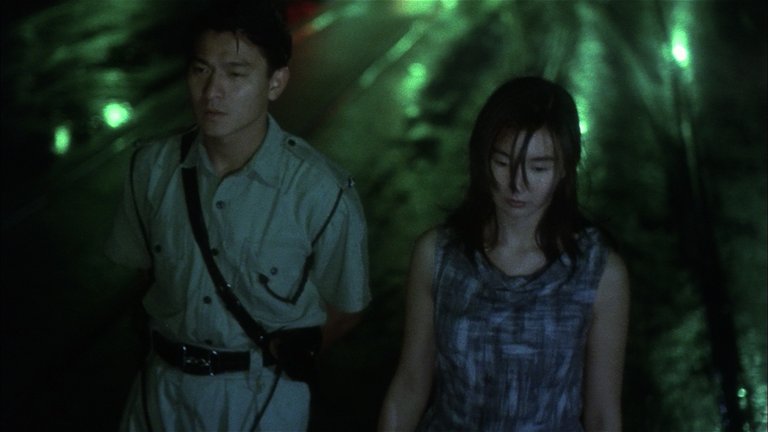
Now, for those who do not know this director's filmography or have seen little Asian cinema, limiting themselves to Japan and South Korea, any Wong Kar-Wai film you decide to see will surprise you with something different than usual. Whether it's the urban tragedy of Fallen Angels (sort of a sequel to Chungking Express), the romantic and homosexual Happy Together or the same Days of Being Wild, in addition to the other previously mentioned titles, they are interesting stories, with reflective dialogues, emotional, dramatic, erotic, emotional situations, with which we can identify despite the cultural distances that we may have with the other side of the world and despite being stories set in previous decades, because the center of Wong Kar-Wai's stories are timeless feelings such as love, loneliness, regret, memories, life and death. And about that, although we don't understand much, we have experienced similar things. Although he's not a very current director, I trust that within this film-loving community many know the name Wong Kar-Wai. Have any of you seen Days of Being Wild? What is your favorite film by this Hong Kong director? I read you in the comments.
Ahora bien, para quienes no conocen la filmografía de este director o han visto poco cine asiático limitándose a Japón y Corea del Sur, cualquier película de Wong Kar-Wai que decidan ver les sorprenderá con algo diferente a lo acostumbrado. Ya sea la tragedia urbana de Fallen Angels (especie de secuela de Chungking Express), la romántica y homosexual Happy Together o la misma Days of Being Wild, además de los otros títulos previamente mencionados, son historias interesantes, con diálogos reflexivos, situaciones emotivas, dramáticas, eróticas, emocionales, con las que podemos identificarnos a pesar de las distancias culturales que podemos tener con el otro lado del mundo y a pesar de ser historias ambientadas en décadas anteriores, porque el centro de las historias de Wong Kar-Wai con sentimientos atemporales como el amor, la soledad, el arrepentimiento, los recuerdos, la vida y la muerte. Y de eso, aunque no entendamos mucho, sí hemos experimentado cosas semejantes. Si bien no se trata de un director muy vigente, confío en que dentro de esta comunidad cinéfila muchos conozcan el nombre de Wong Kar-Wai, ¿alguno de ustedes ha visto Days of Being Wild? ¿cuál es su película favorita de este director hongkonés? Los leo en los comentarios.
Reviewed by | Reseñado por @cristiancaicedo
Other posts that may interest you | Otros posts que pueden interesarte:
 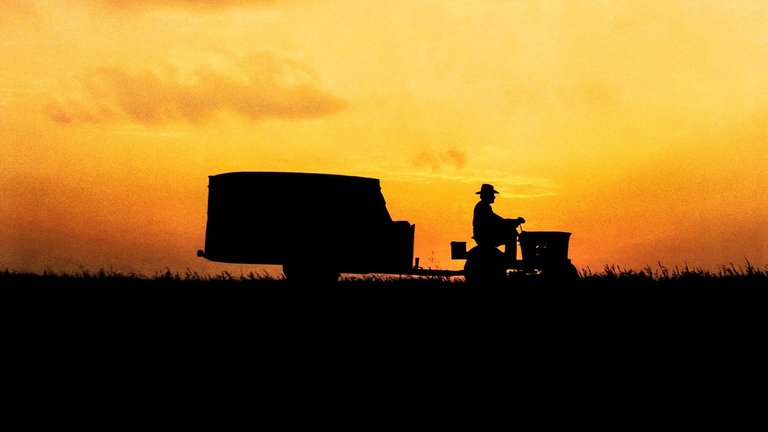 |
|---|
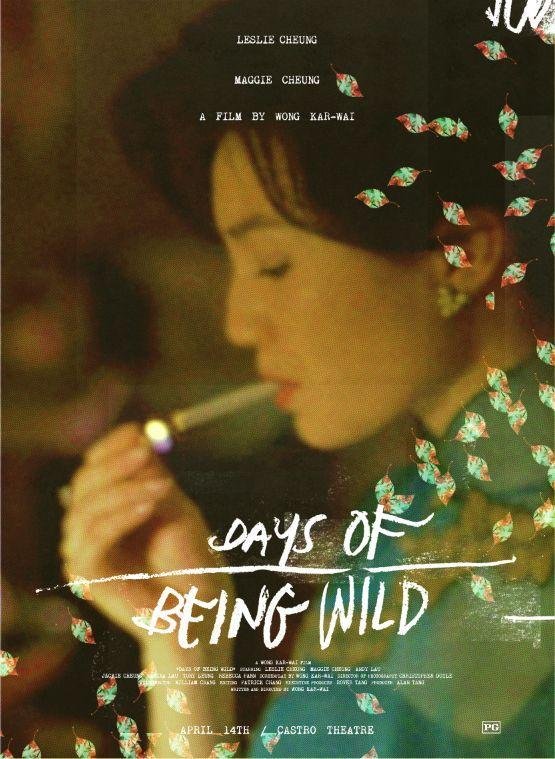
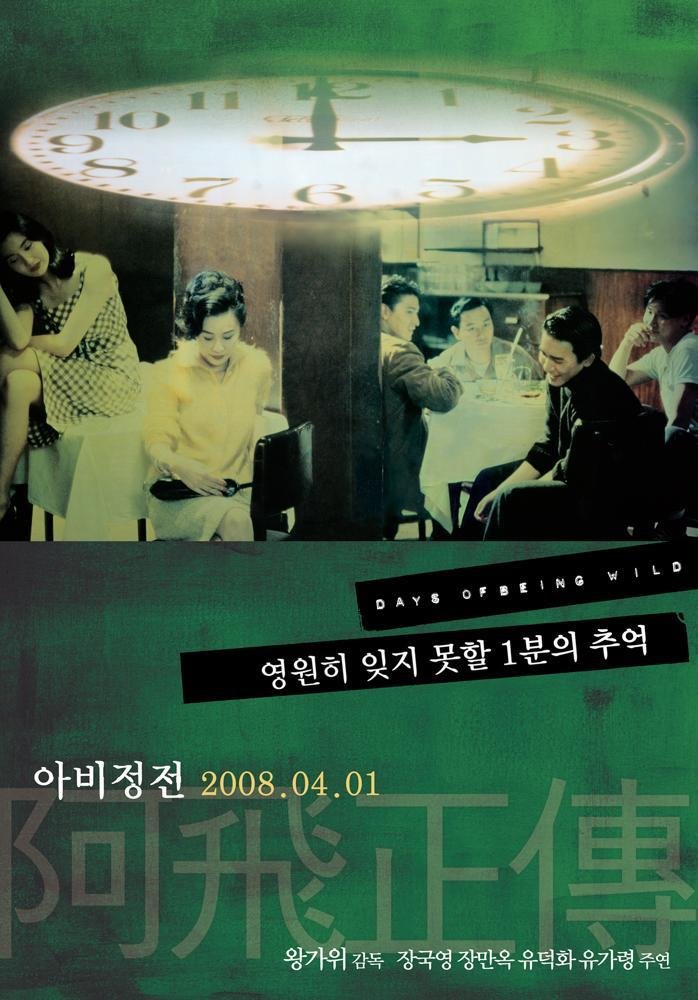
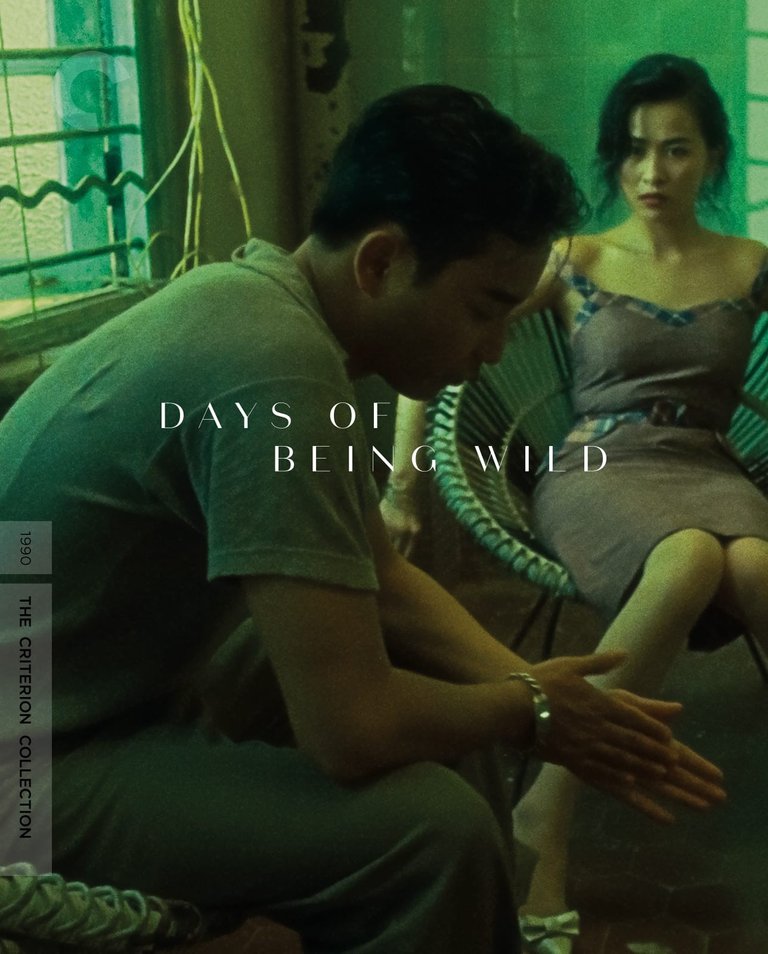
No he visto ninguna película de Wong Kar-Wai, no soy muy conocedor del cine asiático; ni siquiera veo kdramas (risas), pero tu reseña es tan intrigante, que ha despertado mi curiosidad por esta película. Estoy haciendo mi repertorio de películas con tramas interesantes y creo que agregaré este film a mi lista.
¡Saludos!
Yo tampoco veo kdramas jajaja qué bueno que te desperté la curiosidad. Te recomiendo comenzar a Wong Kar-Wai por Chungking Express, es super representativa de su estilo. Saludos y gracias por leerme y comentar.
Este tipo de historias me gusta y mas siendo asiáticas porque sus desenlaces son demasiado buenos. Gracias por traerla a la comunidad y si me la encuentro por allí, la veo. Saludos.
En caso de que veas In the Mood for Love (del mismo director) también la puedes ver sin dudarlo. Muchas gracias por leerme.
Sigo creyendo que el cine asiático está muy de moda en estos tiempos, creo que me estoy quedando por fuera y me estoy perdiendo de películas muy buenas 🤗. Gracias por tu gran reseña. Saludos
Jajajajaja es cierto que en los últimos años hay un boom con las producciones asiáticas, pero si te interesan te recomiendo comenzar por los trabajos de décadas anteriores. Encontrarás joyas. Saludos y gracias por leerme.
You just made me want to watch this movie. I like this kind of genre, so yeah, I am going to check it out.
I hope you enjoy it. Thanks for stopping by
You're welcome. Have a nice day ahead.